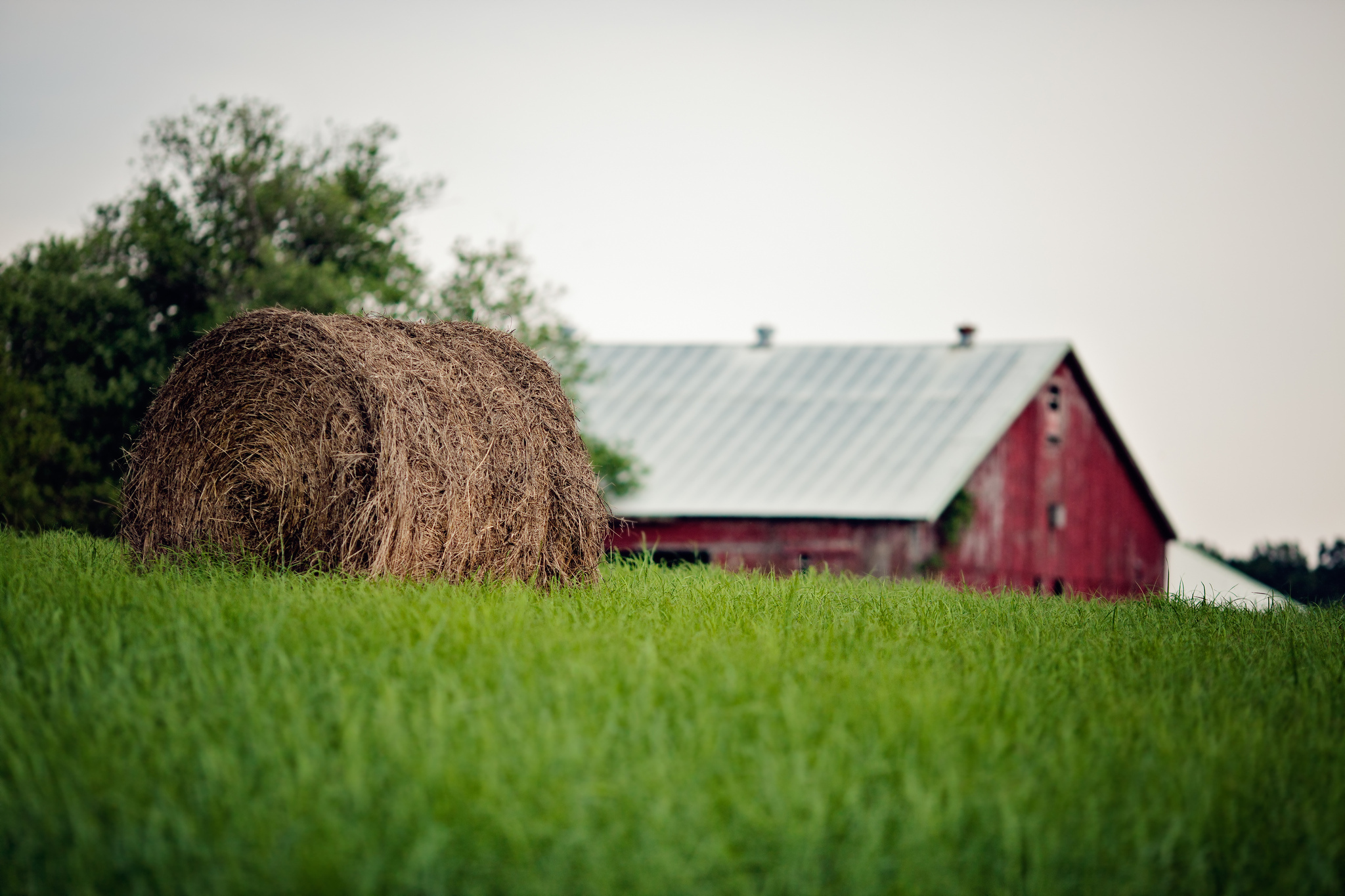USA - Trump's proposed cuts to crop insurance are sore spot for Oklahoma farmers
13.06.2017 383 views
ScaleAgData Stakeholder Engagement Event
22.10.2024The ScaleAgData project is pleased to invite you to our second stakeholder event. Building on the discussions and connections formed during our first webinar, this event will focus on fostering collaboration among stakeholders, providing updates on our project’s progress, and outlining future opportunities for engagement.

Ireland - Rainfall causes crop losses and delayed field work for tillage farmers
While crops have fared better than anticipated, the consistent rainfall has pushed spring operations behind schedule.
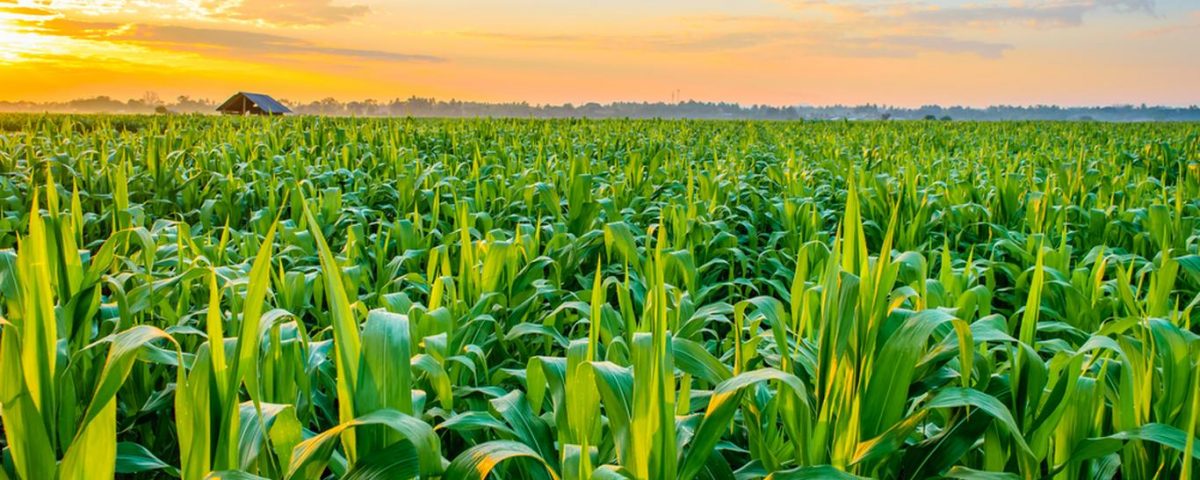
Nigeria - Moor Farms launches ₦6 million per acre agricultural investment scheme
A Lagos-based a agribusiness firm, Moor Farms Limited, has launched a three-year agricultural investment scheme requiring a minimum investment of ₦6 million per acre, promising staged returns from cassava, cashew, and corn cultivation.

Nigeria - NAICOM, Agric Ministry deepen food security through insurance
To fortify Nigeria’s food systems and shield farmers from mounting risks in a volatile, uncertain, complex and ambiguous environment, the National Insurance Commission (NAICOM) and the Federal Ministry of Agriculture have forged a strategic alliance aimed at expanding agricultural insurance coverage, de-risking the sector to accelerate sustainable food security nationwide.
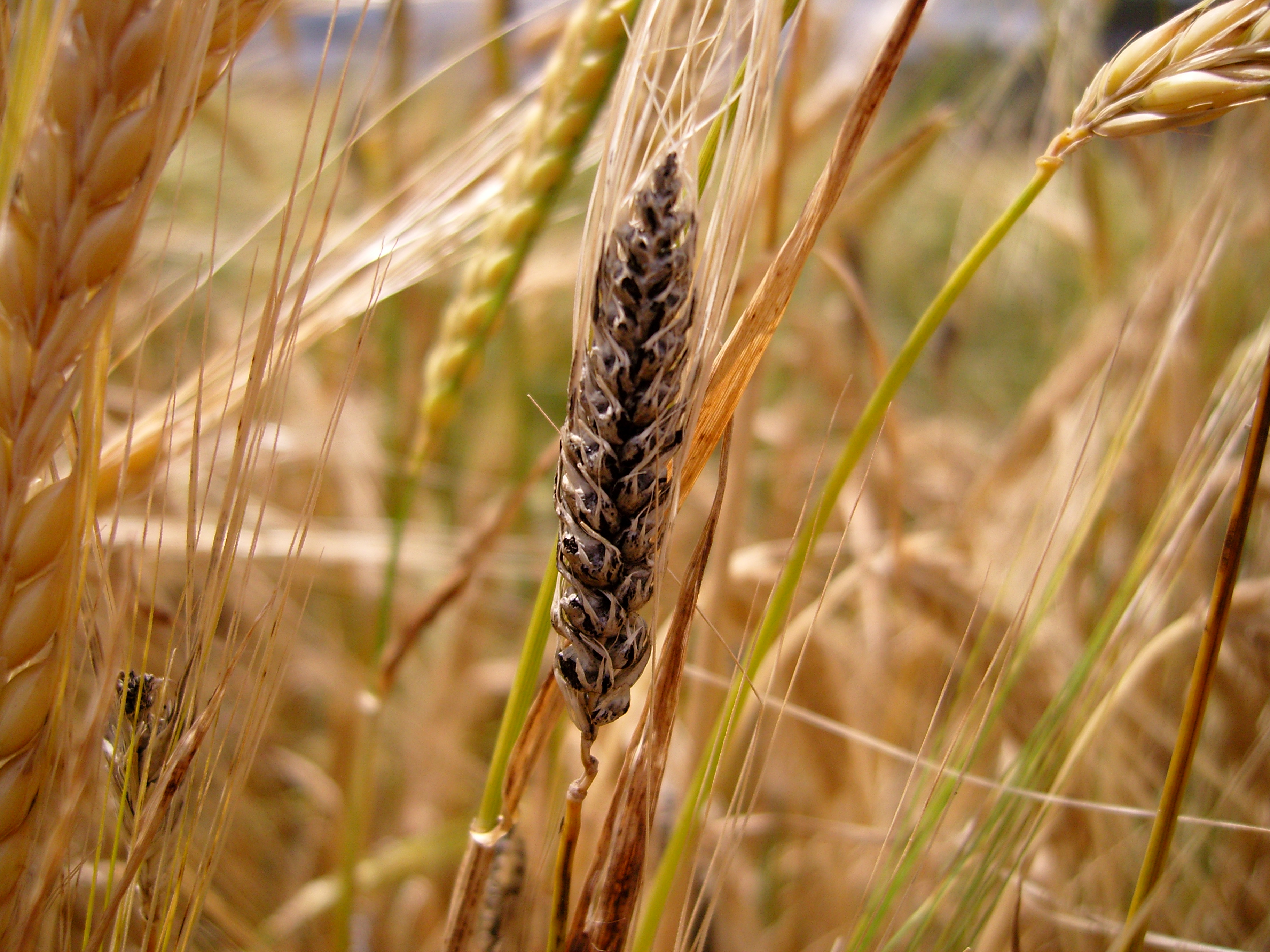
Ghana - CSIR Scientists Deploy AI Spore Traps to Outsmart Crop Fungus
Researchers at the Council for Scientific and Industrial Research Crops Research Institute (CSIR-CRI) are piloting a system that traps airborne fungal spores and feeds the data into an artificial intelligence application to predict crop disease outbreaks before they take hold on farms, in what scientists describe as a fundamental shift from reactive to preventive plant disease management in Ghana.
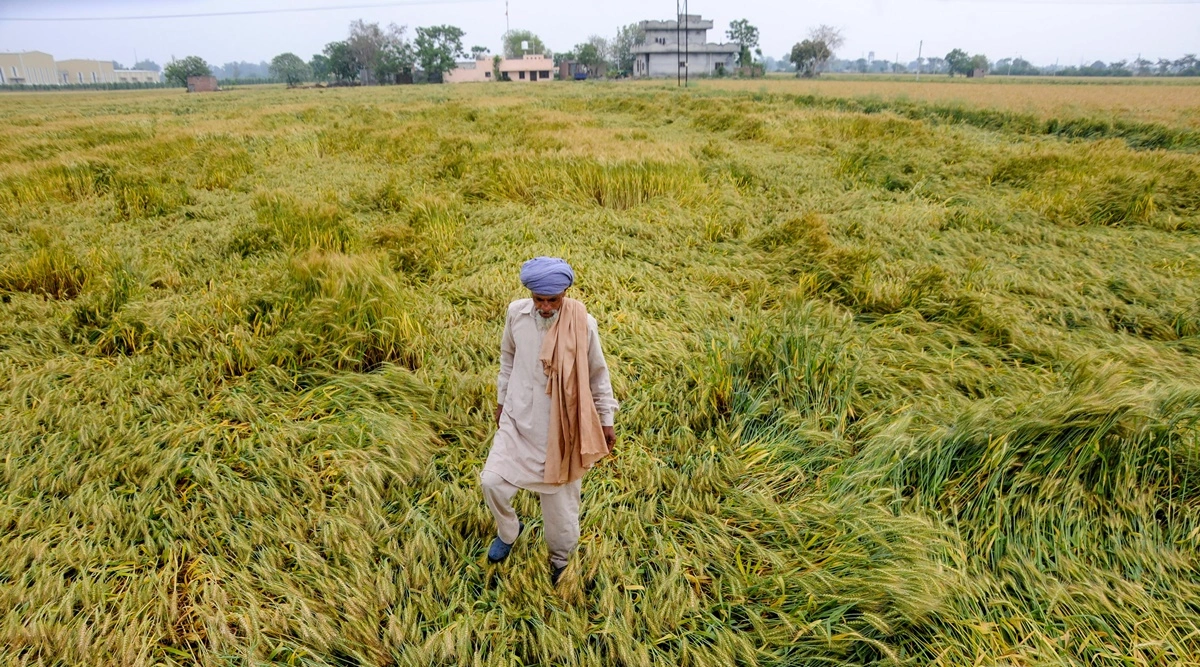
India - Climate Change Ravages Betel Cultivation in the Aravallis, Forcing Farmers to Abandon Their Ancestral Livelihood
Climate change has devastated betel cultivation in Rajasthan’s Aravalli foothills, destroying a centuries-old livelihood of the Tamboli community.
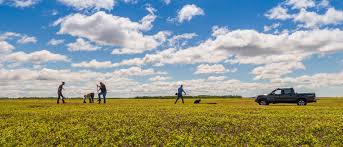
USA - USDA sets spring crop insurance prices
Spring crop insurance prices were finalized by USDA’s Risk Management Agency this week, at $4.62 per bushel for corn and $11.09 per bushel for soybeans.

Bangladesh - Incomplete dam work sparks fear of crop loss in Sunamganj haor areas
Farmers in the haor areas of Sunamganj are gripped by anxiety as unfinished crop protection dams threaten to submerge their Boro fields amid fears of an early influx of water originating from the upstream Indian mountainous regions.

Vietnam - Aid for agricultural insurance premiums proposed to rise
Although agricultural insurance policies have been piloted since 2011, the sector remains new and high risk, creating multiple challenges in implementation.


